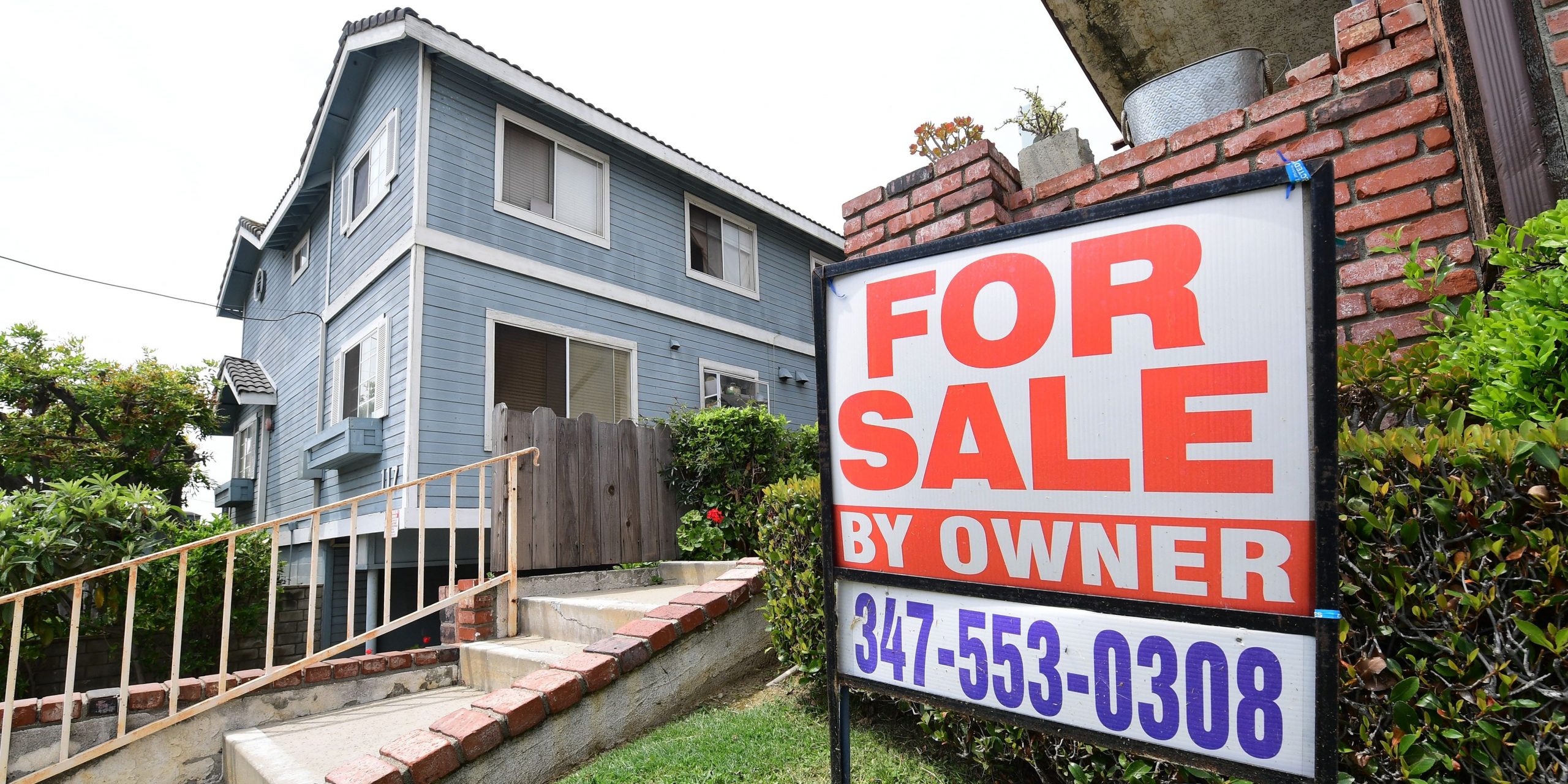- The popular 30-year fixed rate mortgage averaged 3.03%, the lowest in the series dating back to 1971, according to a Thursday report by Freddie Mac.
- It’s the sixth time US mortgage rates have fallen to a record low since March, when the coronavirus pandemic led to a market meltdown.
- Still, there are risks ahead. “It remains to be seen whether the demand will continue if COVID cases rise to the point that it hinders economic growth,” said Sam Khater, Freddie Mac’s chief economist, in a statement.
- Read more on Business Insider.
US mortgage rates have fallen again, notching a sixth record low since March when the coronavirus pandemic roiled global markets.
The popular 30-year fixed-rate mortgage averaged 3.03%, the lowest in the series dating back to 1971, according to a Thursday report by Freddie Mac. The previous record low was 3.07%, and it held for about one week.
Mortgage rates, which loosely take their cues from the 10-year US Treasury bond, first slumped as investors fled to safety in the early days of the coronavirus pandemic market rout in March. Since, rates have stayed low as the Federal Reserve holds its benchmark interest rate near zero and snaps up mortgage bonds as part of its economic stimulus efforts.
The low rates have been a catalyst for homebuyer demand, which has surged in recent weeks showing a swift recovery from the shock of the pandemic, which halted the market as consumers were told to shelter in place.
Last week, mortgage applications ticked up 2.2%, and purchase demand was 33% higher than it was a year ago, according to the Mortgage Bankers Association.
While the rebound in the housing market has been positive, there are still risks ahead, especially as the US grapples with new record coronavirus cases. Some states have now paused or rolled back reopening plans to deal with a spike in cases, which could derail the economic recovery.
"It remains to be seen whether the demand will continue if COVID cases rise to the point that it hinders economic growth," said Sam Khater, Freddie Mac's chief economist, in a statement.
